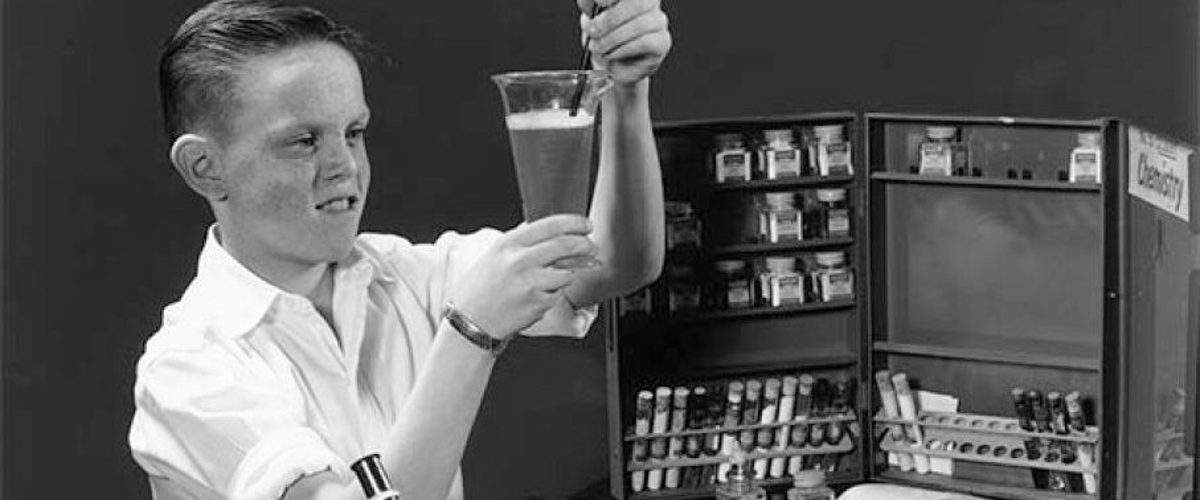
Families with aphasia that come to our center tend to be very motivated. They are ready for anything at any time and are excited to be working so hard. Typically if a family has gone through all of the planning to complete intensive aphasia therapy, then they're ready to learn new things.
Regardless of this, every once in awhile, either a caregiver or a client seems to create more problems for themselves during the program. Some clients are committed to the work, while other clients expect a magical process to occur. Some clients stand in their own way of their progress.
Aphasia aside, people are people. Some people were passive-aggressive, lazy, highly- intelligent, angry, etc. before they became aphasic. Their previous methods of coping with the world may still be there, but now with aphasia on top of it. Many caregivers feel that these traits seem to magnify with aphasia. Someone who was a perfectionist before aphasia may have that trait now work against their progress.
These clients seem to sabotage their own progress–creating a cycle of anger at having aphasia, refusing to cooperate with therapy fully, and then being angry that it isn't working. This is the counseling side of intensive therapy–the client's attitude and actions that have nothing directly to do with aphasia are causing the problem. This can be very hard for the caregiver–watching your loved one angry and struggling and being powerless to change it.
At the root of this is sometimes that the client has some underlying or unresolved issue. Sometimes it's that the client feels pressured to go back to work before they're replaced. Sometimes the client is coping with realizing that their aphasia is not temporary. Unrealistic expectations of how fast they'll improve can cause people to plunge into a depression. Many of these clients will make continued excuses about their behavior, blaming it on the therapist or some other cause.
Unfortunately, you can't make someone cooperate or do what's in their best interests. It's very hard to watch someone that you love work against themselves, and the best that you may be able to do is find other caregivers to talk to about it. There's always someone else who has been in your shoes before. Additionally, many clients greatly benefit from "peer-to-peer" interactions. Meeting someone like them can g ive your loved one new purpose and inspire them to change.
Coping with aphasia is tough–give yourself and your loved one time to process these changes and make a plan. Sometimes the best thing you can do as the caregiver is just be there.
